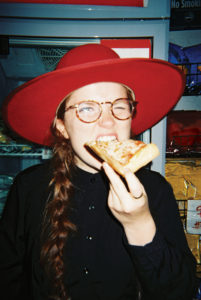
 Flint Eastwood is Jax Anderson. Jax Anderson is Flint Eastwood.
Flint Eastwood is Jax Anderson. Jax Anderson is Flint Eastwood.
Regardless of how you categorize her alongside of her music, one thing is for certain – she is a breath of fresh air, one infused with positivity, who connects with her fans through shared experiences and presenting herself as part indie artist and part motivational speaker. Her message is one of community, bridging the gap between those who feel they are struggling with personalized demons and those who bring assurance that the demons visit us all in time. In other words – you are not alone.
We recently sat down with Anderson to discuss how her creativity is fueled by listeners, accessing the things we can all relate to, and why she chooses to perform under the name Flint Eastwood.
TrunkSpace: How do you balance creative expectations and career expectations, and, are they one in the same or two completely different roads you’re traveling on?
Anderson: I think for me, I’ve always had this idea of what I want to do with Flint Eastwood. My whole purpose with this project is just to help people. Creatively and career wise, that’s what I want to do. As long as I’m doing that, I’ll continue with Flint Eastwood and if I feel like I’m not doing that, then I’ll either change the path and follow down something else, or I’ll do something that turns into something totally different. I think for me, creatively and career wise, it’s just the same goal, which is to help people. Everything’s kind of viewed through that lens.
TrunkSpace: Sometimes even when we’re surrounded by people, being human can feel very lonely. Often people will connect with a songwriter in a way that sort of helps them feel like they’re not alone in the world. Does the opposite work for you? Does having an audience connect with your music give you a sense of connection and community?
Anderson: Yeah, for sure. I think what initially drew me to music is just the sense of community that it brings. In every genre, music is just a common thread that kind of transcends any type of difference that you may have with anyone. I think that’s such a beautiful thing, and it’s something that I think is a very rare thing for human beings to experience. I think having a community around what I do is extremely important. I always thought it was awesome being able to follow a band and kind of be able to discover other bands and discover other things that I may like, just because I have that commonality of liking the same band as somebody else, and going to the show and meeting new friends. It’s really cool to be able to go to shows and kind of see repeated faces and see even new faces, and just see things that we have in common and be able to connect on just being human. It’s a really comforting feeling, especially whenever you’re on the road for a while. To be able to end a show and talk with people, and it feel like you’re all a family is a really comforting thing.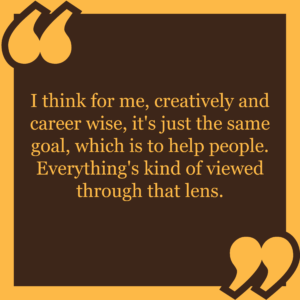
TrunkSpace: The most powerful music is always the most honest music, but does putting that much of yourself into something open you up to the sort of snap judgments of the social media age where everyone has a soapbox that they’re ready to stand on?
Anderson: Just me as an artist, I always want to be a beacon of hope and a beacon of positivity, ‘cause I do think that there’s a lot of negativity in the world. I think there are certain artists that it is so vital for them to have their platforms and be really vocal and use their platform for something that they feel like is good. For me, I feel like my soapbox is just positivity.
Yeah, I mean any time you put anything out there in the world, whether you’re going to school to be a teacher or going to school to be an artist, or you’re actually doing things – anytime you do anything that’s other than just sitting at home and being by yourself, you open yourself up to judgment. For me, I just don’t pay attention to that. I have way too much stuff to do and way too much stuff that I want to get done to ever pay attention to people that are being negative. I’m the type of person too that’s like, “Yeah, everybody’s allowed to have their opinions. I am not going to be for everybody, and that’s totally okay.”
TrunkSpace: Where did the inspiration come from to spread positivity through your music?
Anderson: For me, input equals output. If you’re putting positive things into your life, typically things are going to be a little bit more positive for you. Granted, there are different circumstances that people are going into, and things that people can’t really help. Everybody deals with pain or negativity in a different manner, but for me personally, I just feel like I spent so much of my life being sad that I finally just made the decision that I didn’t want to be sad anymore. I just kind of changed my perspective. I mean, it took a really long time – I say it as if it’s easy – but I made an intentional effort to take a look at the people around me and take a look at the things that I was putting into my life, and to base it all around this core value of being a beacon of hope and being a beacon of positivity, and spreading that to people around me and surrounding myself with those kind of people. Hopefully connecting people and helping them with whatever they’re going through because, you know, all of us have shit in life. All of us have gone through stuff and all of us have difficult times and if we can just admit that and admit that we have hard times and things aren’t easy, then it makes things a lot more relatable and it makes things a lot more easier to cope.
For me, I just want to let people know that it’s going to be okay, you know?

TrunkSpace: And that’s a great way to be, particularly in a world where there seems to be so much promotion of negativity. When you hear how your positive messages impact your listeners, does that keep you moving forward on this journey? Does your audience inspire you to continue on the Flint Eastwood path?
Anderson: Definitely. Music has been that for me in so many instances. The times that I was at my darkest, there were different records that just got me through. To be able to create that for other people as well is just something that’s… you hit it right on the head, it’s exactly what keeps me going. Granted I’m not saying that I’m this savior that comes in and changes everyone’s lives and blah, blah, blah, blah… what we were saying before, I’m not going to connect with everybody and not everybody’s going to fuck with what I do, but the people who do feel the things that I have felt and have gone through the things that I’ve gone through, I just want to be able to give that kind of empathy towards them and let them know that they’re not alone and let them know it’s going to be okay.
TrunkSpace: Is there a particular reason that you spread that message as Flint Eastwood and not as Jax Anderson?
Anderson: Yeah, I wanted to give it a feel that it was more than just me. I wanted to give it a feel that it was more of a community and it was more of a group effort, because honestly, yes Flint Eastwood is just me, but there are so many friends and there’s so many people that are involved and behind the scenes and with the creation of everything that it’s crazy. I’m extremely grateful for the people that are around me and I kind of felt saying that it was just Jax Anderson wouldn’t be truthful.
Flint Eastwood’s latest EP, “Broke Royalty,” is available now from Neon Gold Records.
Visit here for tour dates.



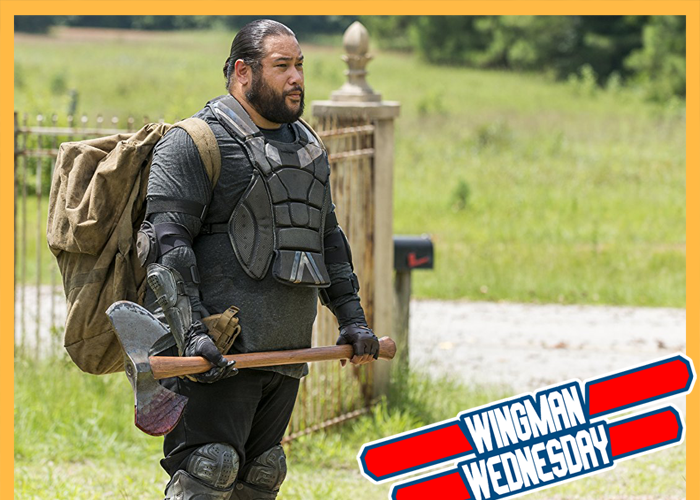

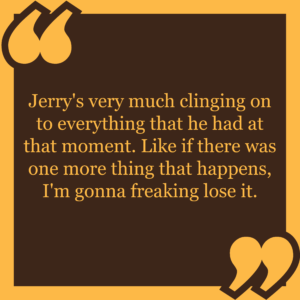 and you as a performer?
and you as a performer?
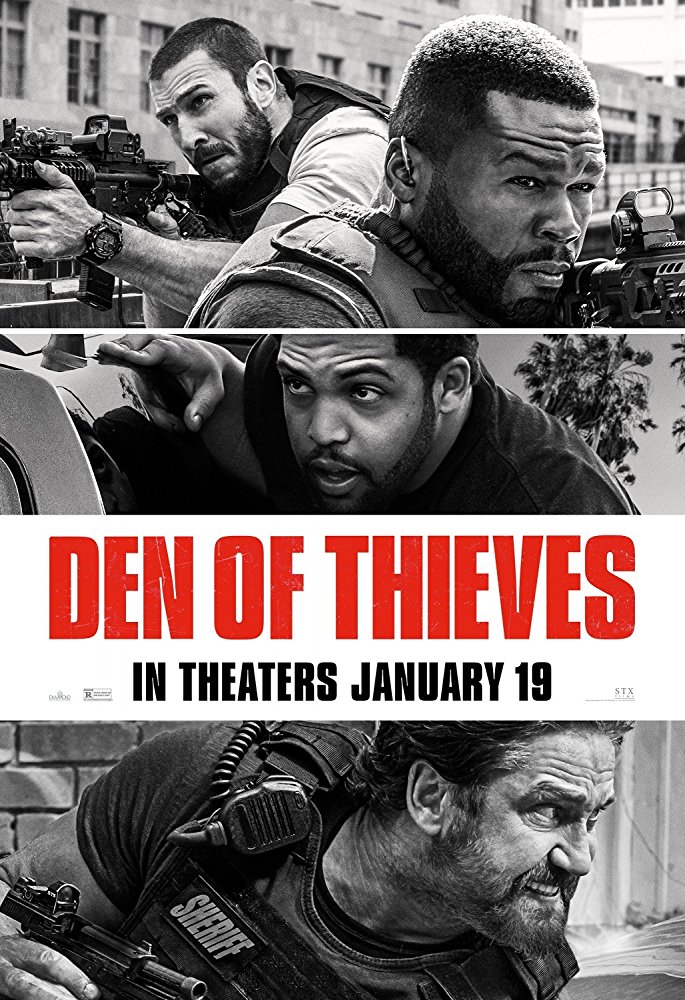 TrunkSpace: And I think a lot of the comic-loving population feels the same way you do. We knew of Shazam as a character, but we didn’t know every single detail about him, which may actually lead to the film being one of DC’s biggest cinematic successes… much like “Guardians of the Galaxy” was for Marvel.
TrunkSpace: And I think a lot of the comic-loving population feels the same way you do. We knew of Shazam as a character, but we didn’t know every single detail about him, which may actually lead to the film being one of DC’s biggest cinematic successes… much like “Guardians of the Galaxy” was for Marvel.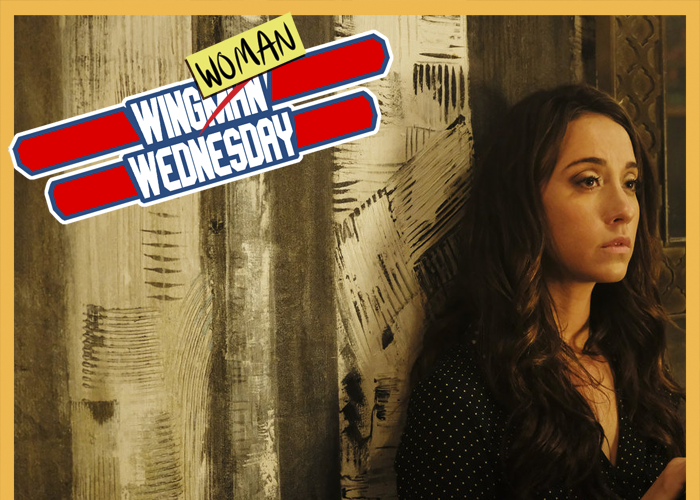

 With its third season winding down and a fourth recently announced, “The Magicians” continues to be a surprise hit for both SyFy and its stars. Stella Maeve, who portrays Julia in the pull-few-punches fantasy, admits she never goes into a project expecting it to be a success, and while she read the Lev Grossman books that the series is based on and found them entertaining, her motivation comes from the work and not the end result. If there is an experience to be had – a place to grow from personally and/or professionally – then that is where you will find her. Thankfully for fans, she saw that in “The Magicians.”
With its third season winding down and a fourth recently announced, “The Magicians” continues to be a surprise hit for both SyFy and its stars. Stella Maeve, who portrays Julia in the pull-few-punches fantasy, admits she never goes into a project expecting it to be a success, and while she read the Lev Grossman books that the series is based on and found them entertaining, her motivation comes from the work and not the end result. If there is an experience to be had – a place to grow from personally and/or professionally – then that is where you will find her. Thankfully for fans, she saw that in “The Magicians.”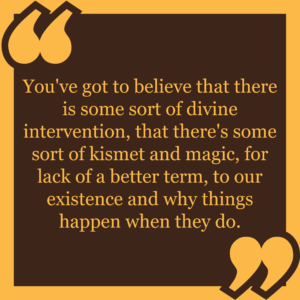
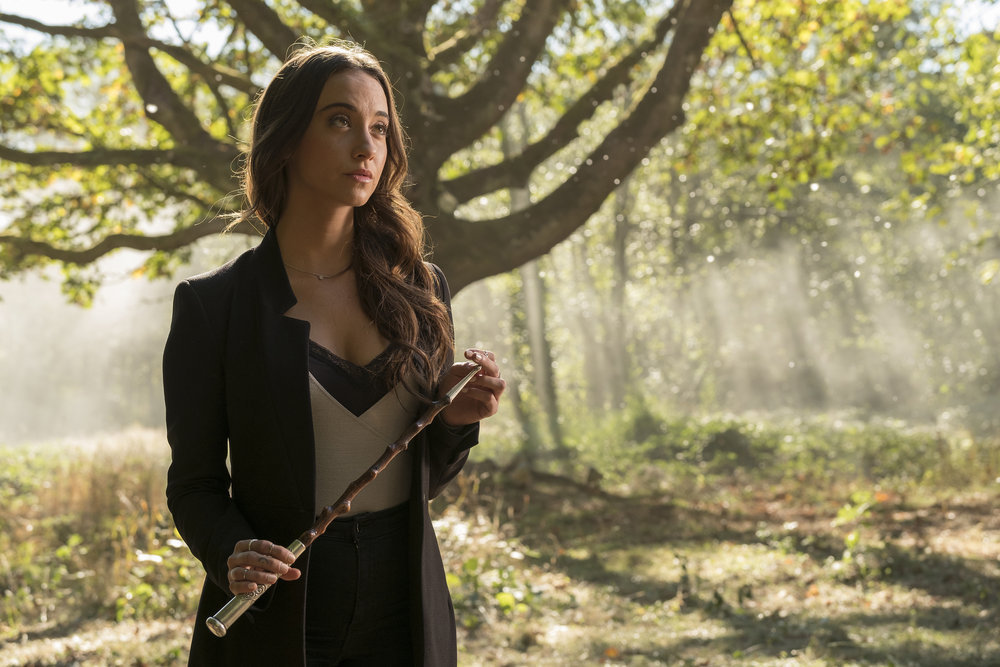
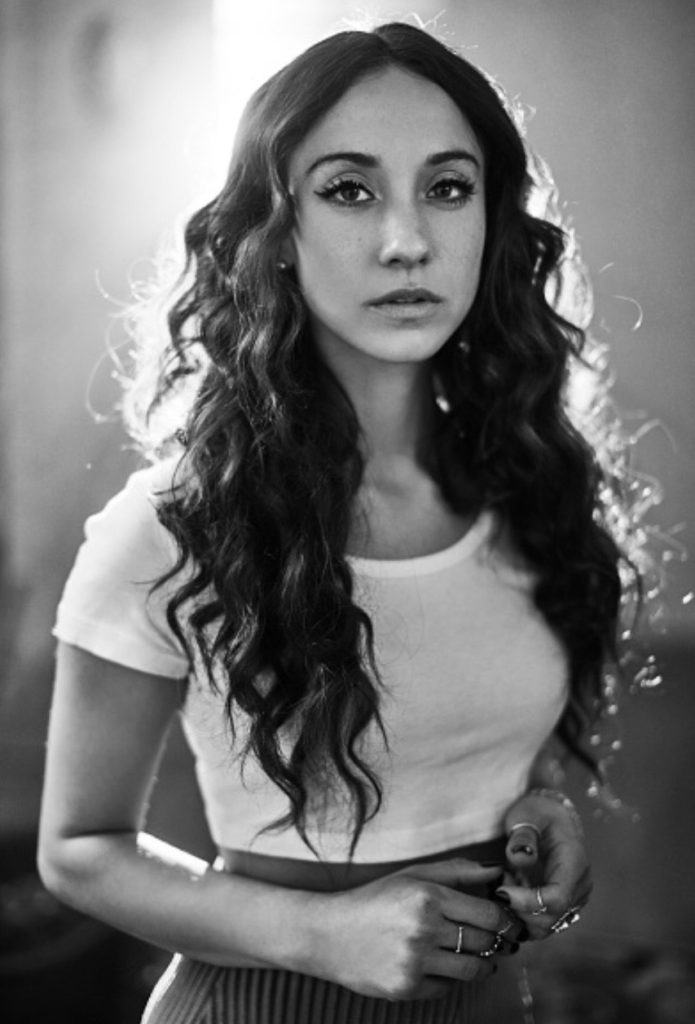 TrunkSpace
TrunkSpace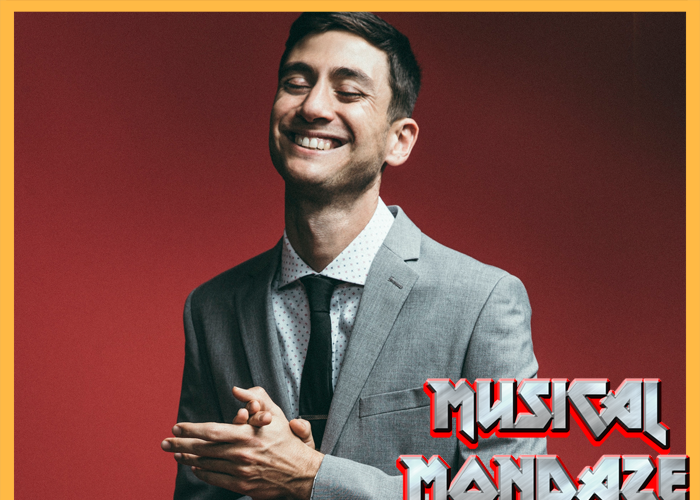
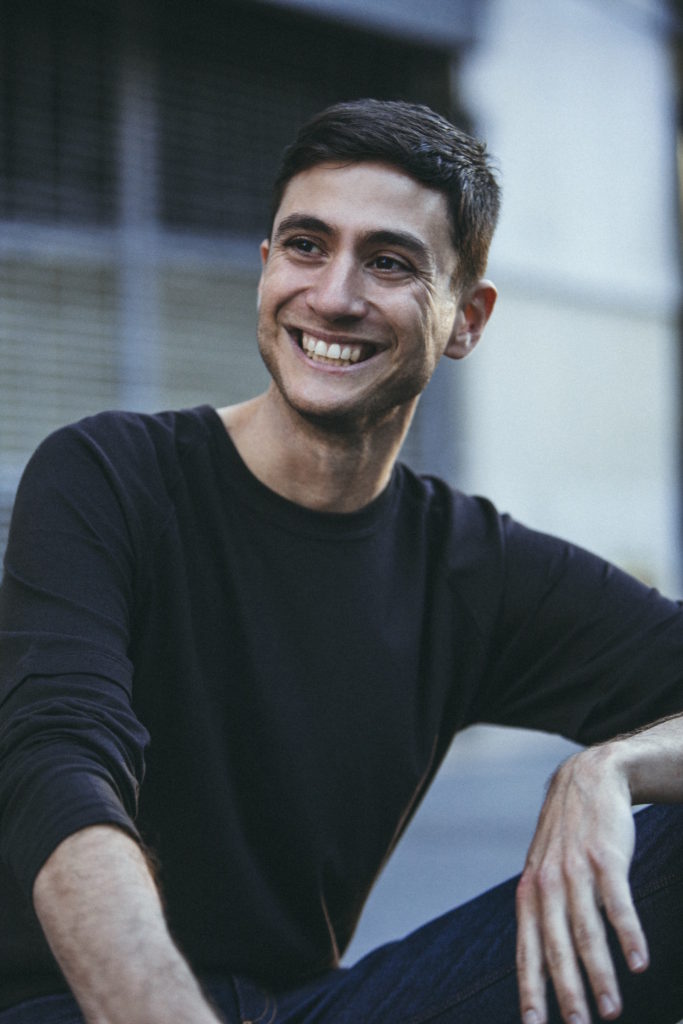
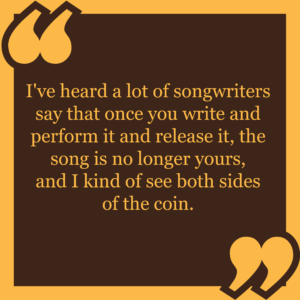
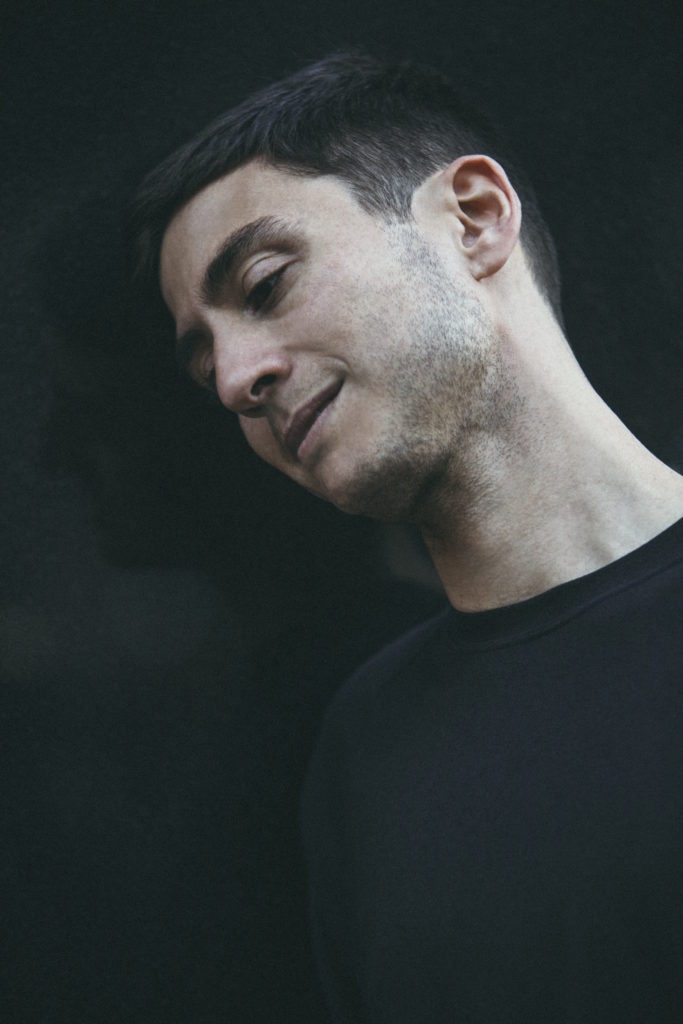
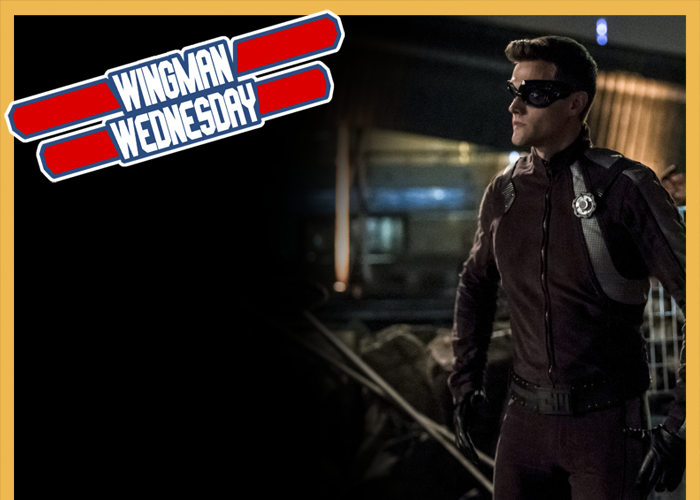
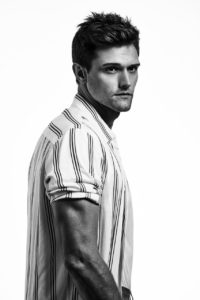
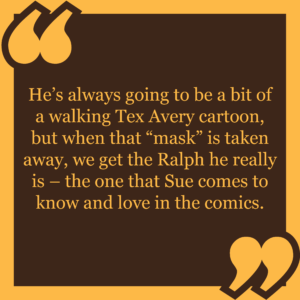 avoid something because it had been on the comic book pages. I was aware of “Identity Crisis” and had read that some time ago. That was helpful to me in the sense that from the first moment I knew the depth of caring and emotion that Ralph as a character is capable of. It’s shrouded in his sarcasm and his sense of humor, but that is always there.
avoid something because it had been on the comic book pages. I was aware of “Identity Crisis” and had read that some time ago. That was helpful to me in the sense that from the first moment I knew the depth of caring and emotion that Ralph as a character is capable of. It’s shrouded in his sarcasm and his sense of humor, but that is always there.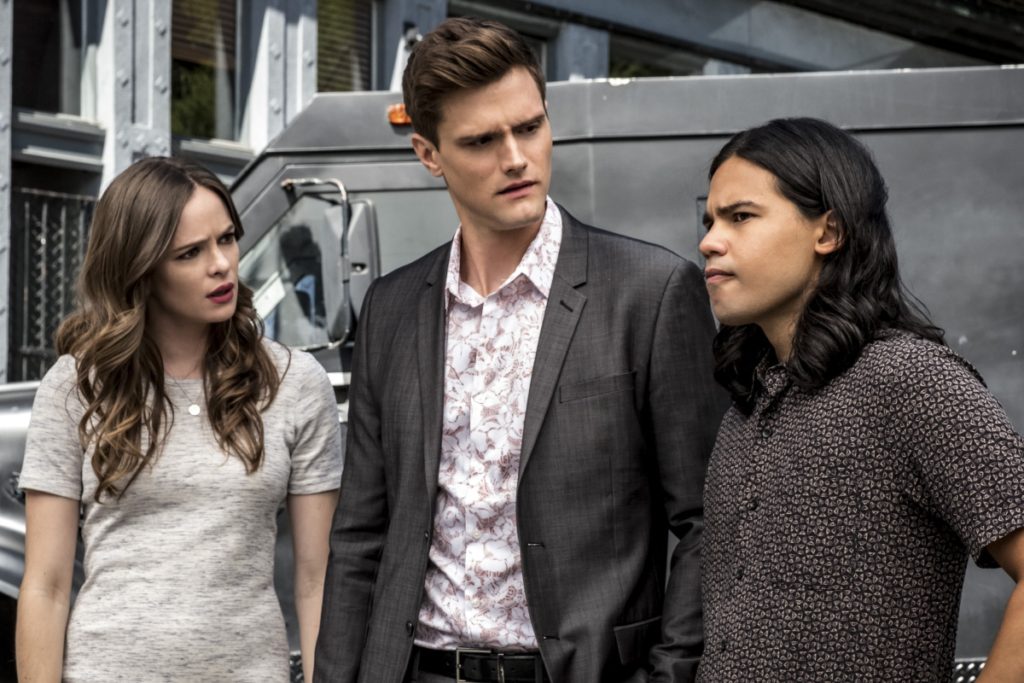
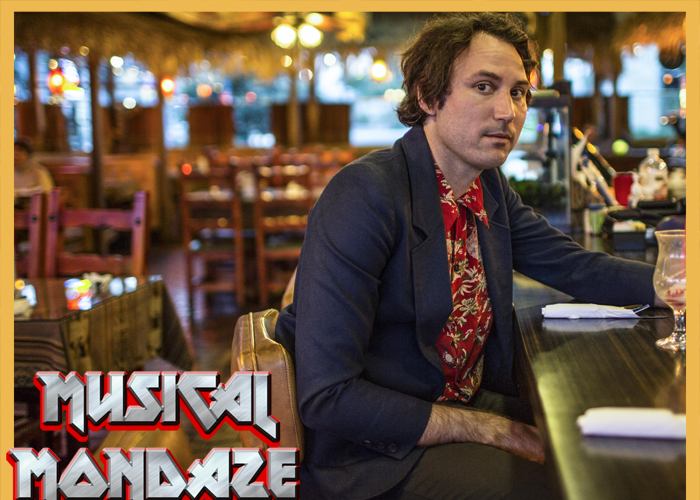

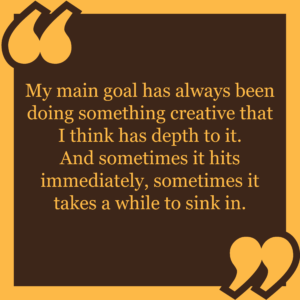 accepted and perceived once out in the world?
accepted and perceived once out in the world?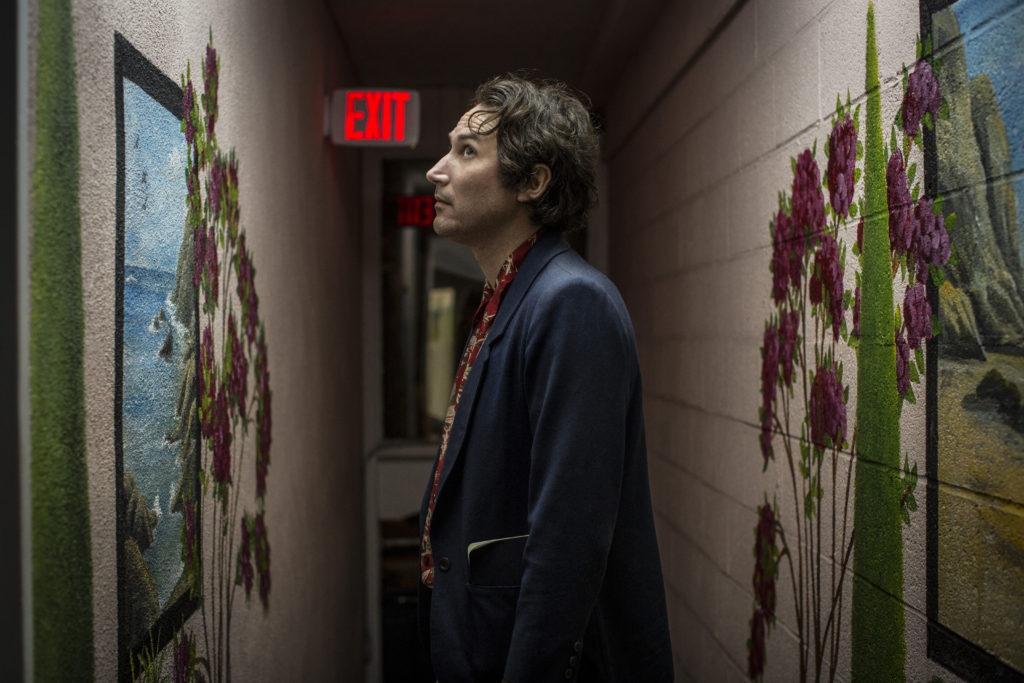
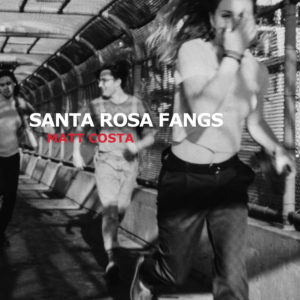 TrunkSpace: Obviously all music is personal, but because the record ties back to your own experiences and family, does it feel more personal?
TrunkSpace: Obviously all music is personal, but because the record ties back to your own experiences and family, does it feel more personal?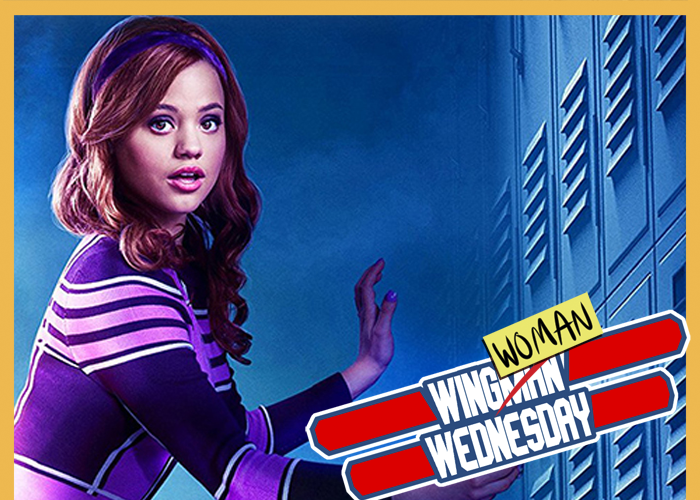

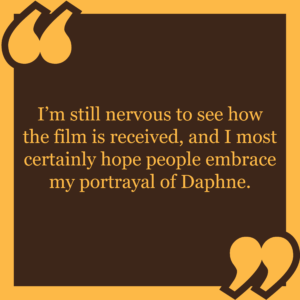 haven’t really seen yet. Did the fact that it predates most of what people know of Daphne and the rest of the gang allow you more freedom to make her your own as well?
haven’t really seen yet. Did the fact that it predates most of what people know of Daphne and the rest of the gang allow you more freedom to make her your own as well?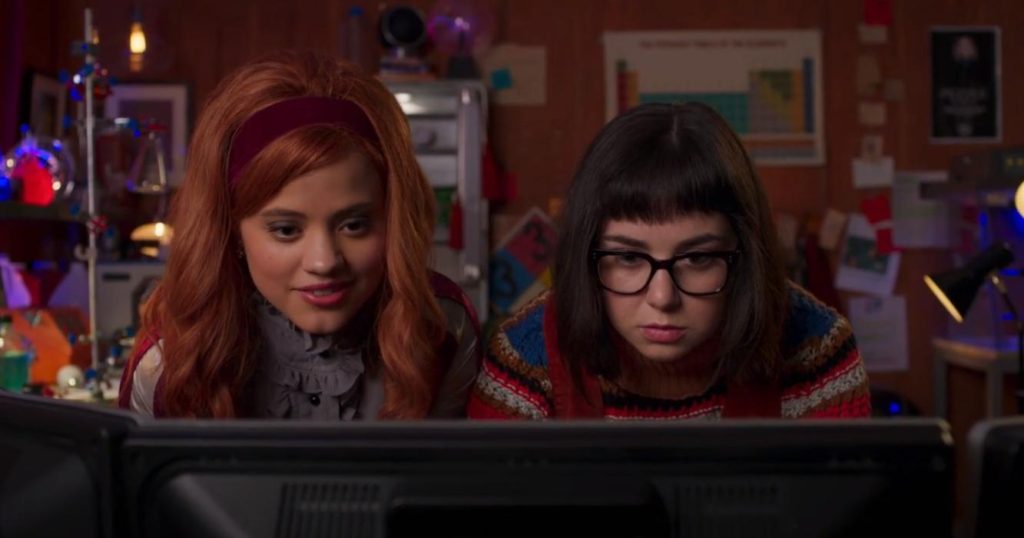
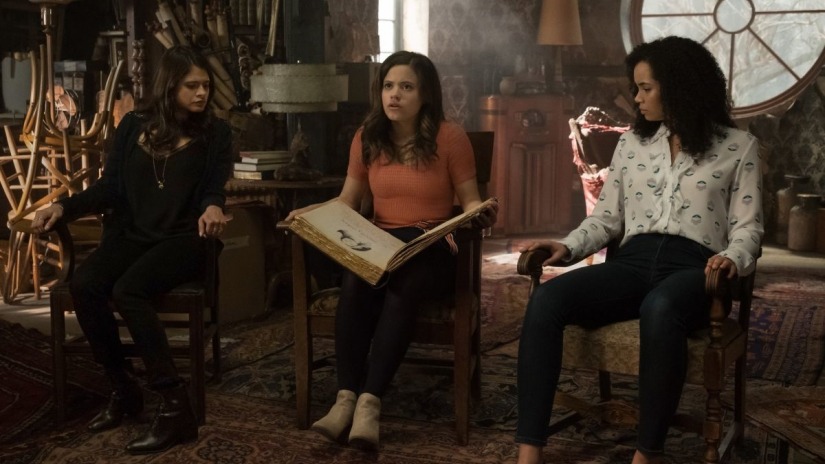
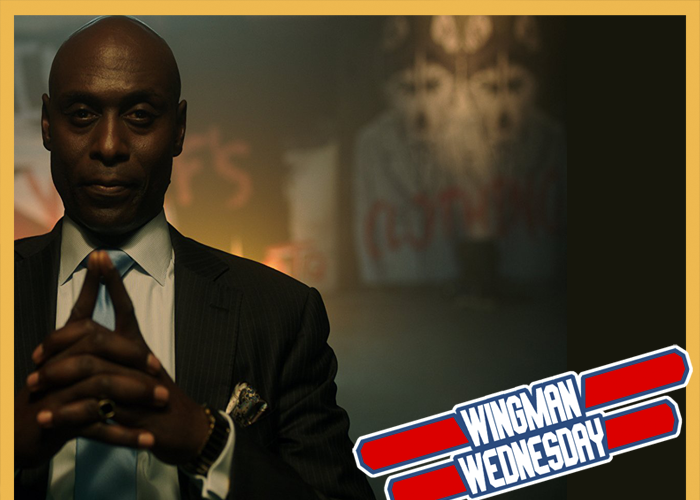
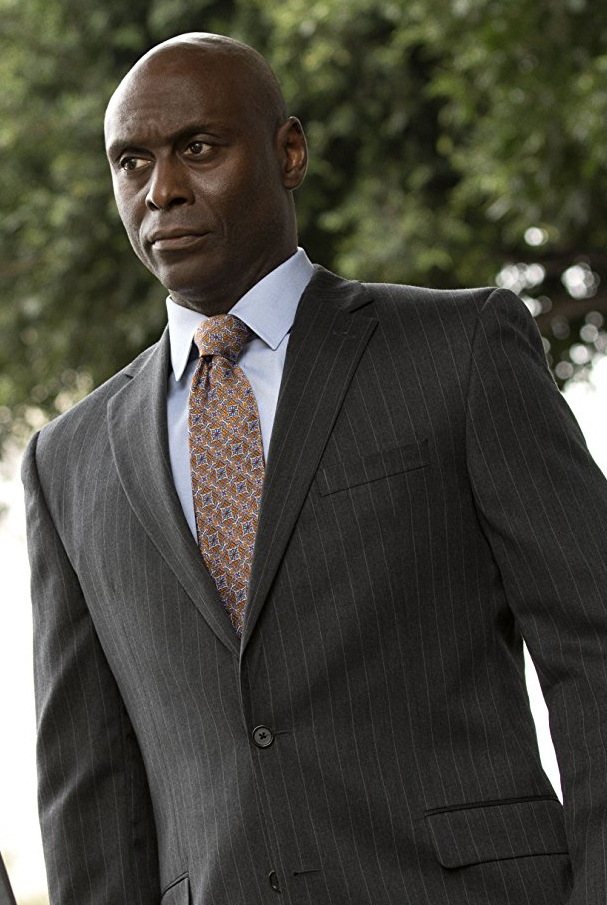
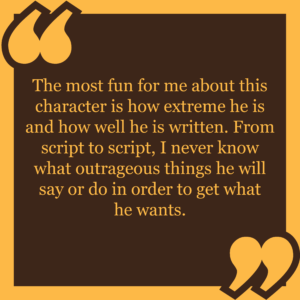
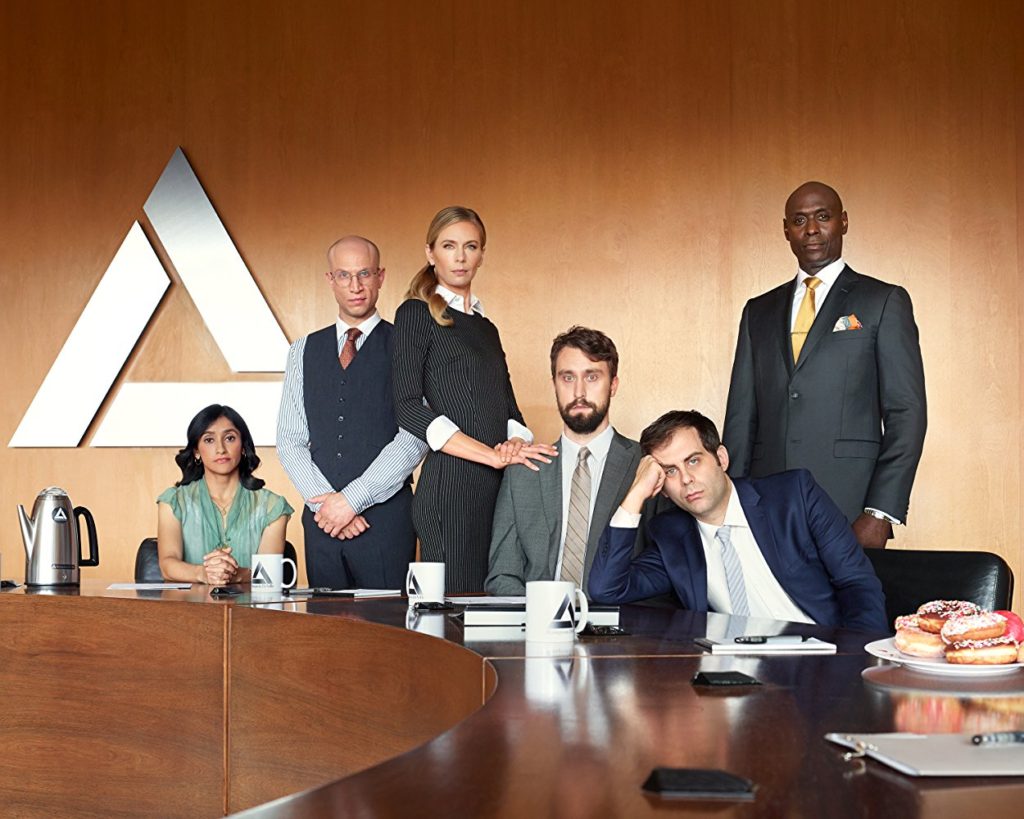
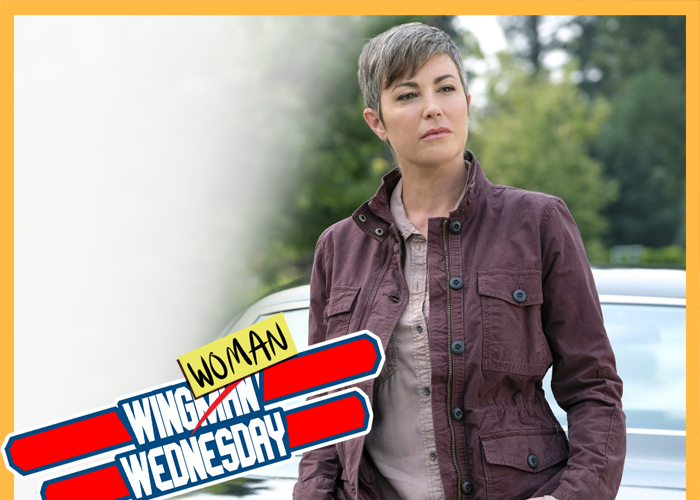
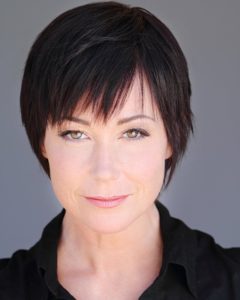 If you steer clear of people with yellow eyes, call your car Baby, or recognize the value of salt in places other than the kitchen, chances are good that you’re fan of the series “Supernatural.” And if you are, you know that the Winchester brothers have had their fair share of friends and family come into their lives throughout the course of the show’s first 13 seasons, though none have left an impact quite like Sheriff Jody Mills. Now the maternal ass-kicking ally, portrayed perfectly by Kim Rhodes, is on the verge of spearheading her own spinoff series, “Wayward Sisters,” which viewers will get a taste of tonight when “Supernatural” returns to The CW following its mid-season hiatus.
If you steer clear of people with yellow eyes, call your car Baby, or recognize the value of salt in places other than the kitchen, chances are good that you’re fan of the series “Supernatural.” And if you are, you know that the Winchester brothers have had their fair share of friends and family come into their lives throughout the course of the show’s first 13 seasons, though none have left an impact quite like Sheriff Jody Mills. Now the maternal ass-kicking ally, portrayed perfectly by Kim Rhodes, is on the verge of spearheading her own spinoff series, “Wayward Sisters,” which viewers will get a taste of tonight when “Supernatural” returns to The CW following its mid-season hiatus.
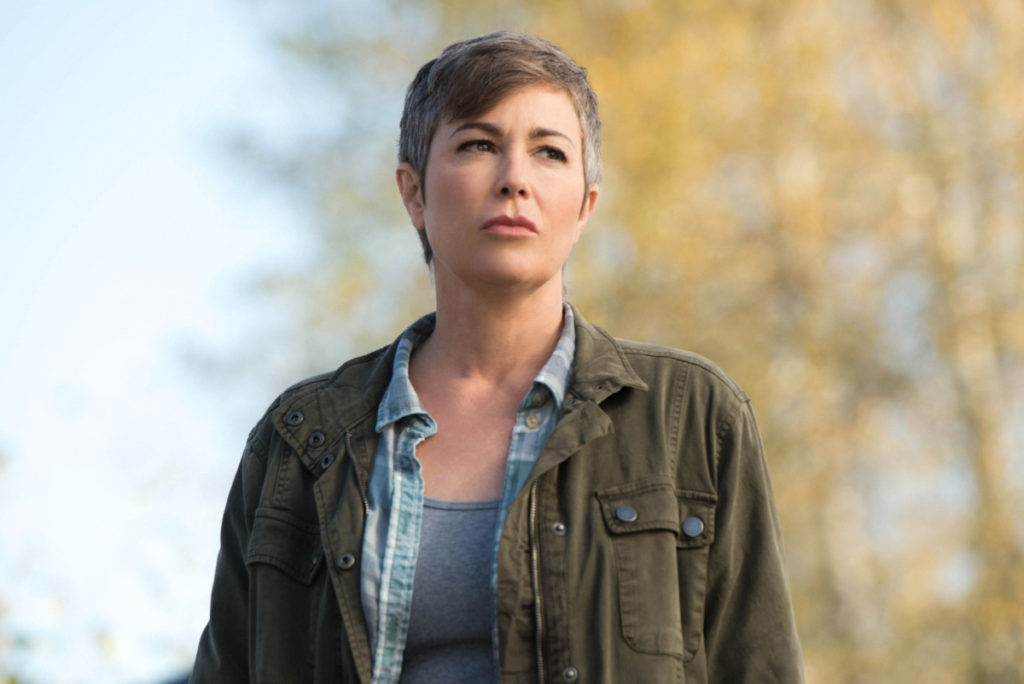
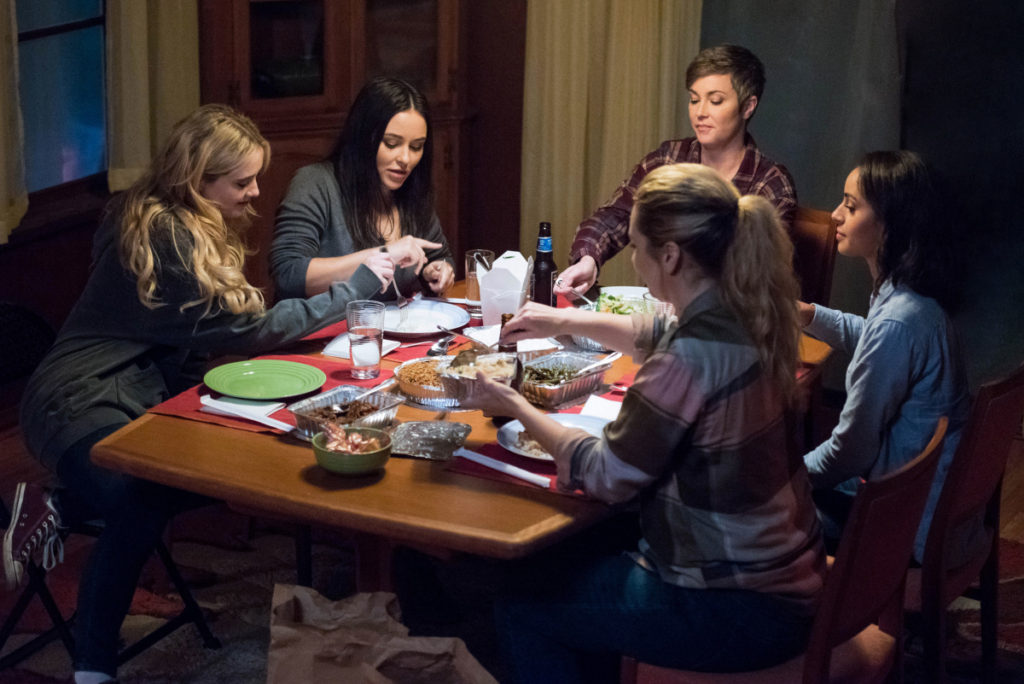
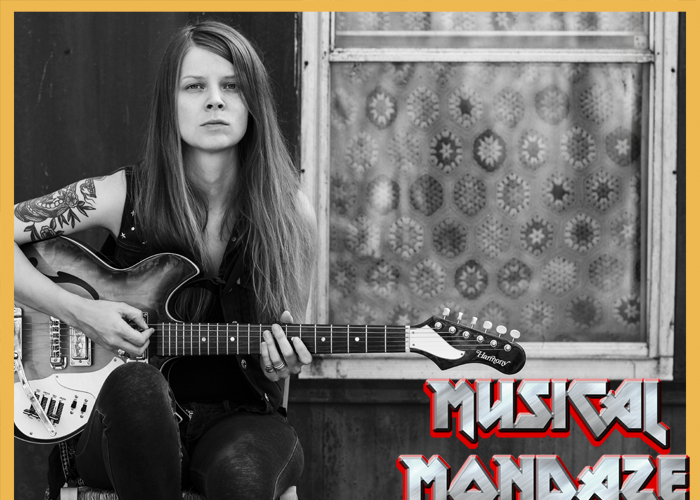
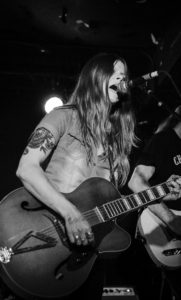
 started writing the material for that album?
started writing the material for that album?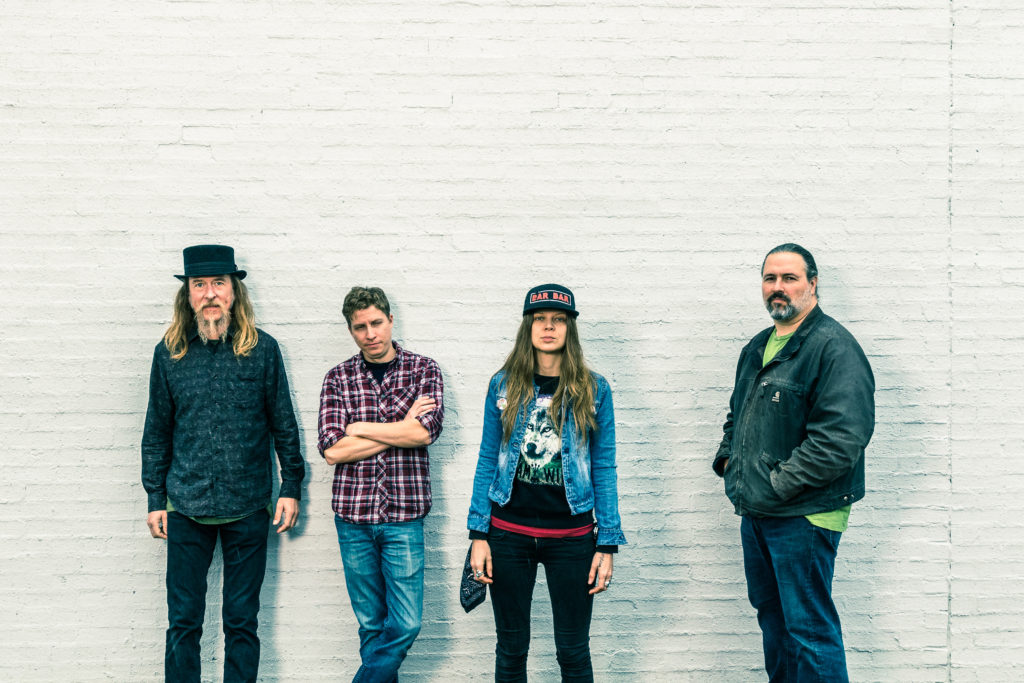
 TrunkSpace: You have a great rock star aura about you, but really, the first “rock stars” with swagger were the classic country artists. What are your thoughts on persona and attitude when it comes to an artist’s point of view? Is it all part of the necessary equation?
TrunkSpace: You have a great rock star aura about you, but really, the first “rock stars” with swagger were the classic country artists. What are your thoughts on persona and attitude when it comes to an artist’s point of view? Is it all part of the necessary equation?